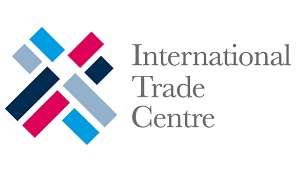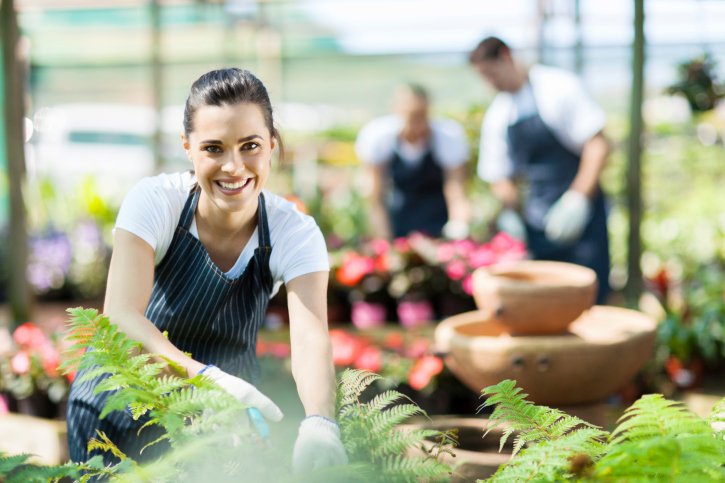Demand for and trade in products with voluntary sustainability certification or verification is growing, according to The State of Sustainable Markets: Statistics and Emerging Trends 2015. This new report looks at information gained from surveying 14 major standards, all of which experienced growth in market uptake since 2008.
Cultivation of such products is large across different commodity groups:
- 55% of all cocoa harvested in Bolivia, for example, is organic.
- 90% of all land used to grow bananas covered by Fairtrade International is located in Latin America.
These and many other voluntary standards cover a wide range of issues: sustainability interlinked with production (covering social or environmental issues) or specific quality standards (e.g. in food safety). As such, they contribute towards addressing burning sustainability concerns in today’s globalized world, but can also open doors to new markets as they are increasingly demanded by global buyers.
If you are not sure what voluntary sustainability standards are relevant for your products or are available in your region, you can take advantage of an online tool that sorts through over 200 voluntary standards. Standards Map – one of the most comprehensive databases of its kind in the world – has been developed by the International Trade Centre, through its Trade for Sustainable Development (T4SD) programme that helps small and medium sized enterprises (SMEs) navigate the complicated landscape of voluntary sustainability standards.
Constantly updated and expanded, this free and user-friendly website not only allows you to see many of the currently existing voluntary sustainability and quality standards, but to see which ones may be specifically relevant to your business. Standards Map allows you to take customized self-assessments to compare your business practices against the requirements of specific certifications.
These free sustainability compliance reports of your business can be shared with potential buyers or business partners. They offer statistics on how close you are to complying with certain standards, and point to areas where improvements may need to be made. In this way, it provides an easy-to-understand ‘roadmap’ to becoming certified to a certain standard. Standards Map is part of ITC’s Market Analysis Tools.
If you work in the agriculture sector and still have questions about how to adopt better or more sustainable production and business practices or standards, you can refer to an online community of experts and specialized information - SustainabilityXchange.
Also run by T4SD, SustainabilityXchange is a free online knowledge-sharing platform for those working in agriculture, aquaculture, and forestry. A curated library of training materials, calendar of upcoming workshops, directory of experts and institutions, job postings, news items, and a forum discussions page all help to keep you informed and connected to sustainable markets.



Follow Us